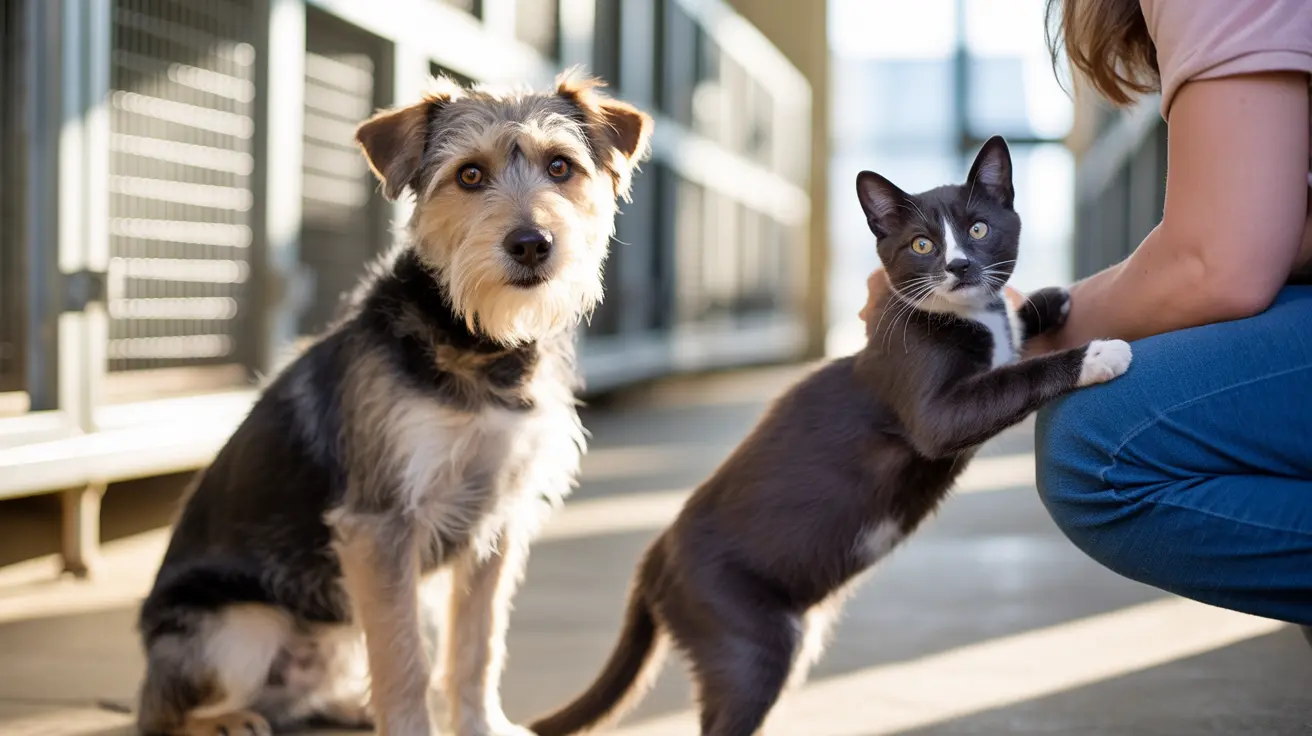Is a Carolina Dog a Good Pet? A Comprehensive Guide for Future Owners
The Carolina Dog, often referred to as the American Dingo or Dixie Dingo, is a rare and primitive breed that originated in the southeastern United States. Known for their wild ancestry and independence, these dogs raise an essential question for potential pet owners: Is a Carolina Dog a good pet?
Understanding the Carolina Dog Breed
The Carolina Dog resembles wild canines in behavior and appearance. They are medium-sized, athletic, and intelligent dogs that exhibit strong hunting instincts and loyalty to their human pack. While not traditionally bred in domesticity like Golden Retrievers or Labradors, these dogs have adapted to home life when raised with proper care, training, and socialization.
Key Characteristics of Carolina Dogs
- Size and Appearance: Medium build weighing between 30–65 pounds with short coats, upright ears, and a fishhook tail.
- Temperament: Independent, loyal, cautious with strangers, but loving and devoted to their families.
- Energy Level: High energy and active, preferring lots of exercise and outdoor space.
- Noise Level: Generally quiet but may bark to alert the family to unfamiliar stimuli.
Why a Carolina Dog Can Be a Good Pet
Although not suited for first-time dog owners, Carolina Dogs can be wonderful pets when matched with the right household. Here’s why:
- Loyal Companions: The breed forms deep bonds with their families and is incredibly loyal.
- Low Grooming Needs: Their short coats require minimal grooming, making maintenance easier.
- Intelligent and Trainable: With time and patience, they can learn commands, tricks, and even participate in agility or scent work.
- Natural Watchdogs: Their cautious nature makes them alert and protective without being aggressive.
- Health and Longevity: Generally healthy with few breed-specific problems, Carolina Dogs often live 12–15 years.
Challenges of Owning a Carolina Dog
However, potential owners must also consider the challenges:
- Socialization Needs: Without early socialization, Carolina Dogs may be suspicious of strangers and other animals.
- Independent Nature: Unlike people-pleasing breeds, Carolina Dogs may be more self-reliant and stubborn.
- Prey Drive: Not always safe around small pets due to their strong hunting instincts.
- Exercise Requirements: Requires daily exercise and mental stimulation to prevent boredom and destructive behavior.
Ideal Homes for Carolina Dogs
Carolina Dogs thrive in homes that meet specific conditions:
- Experienced Owners: Those who understand canine psychology and training techniques.
- Fenced Yards: A secure area is necessary as they may roam or chase small animals.
- Active Lifestyles: Owners who enjoy outdoor activities like hiking, running, or long walks.
- Stable Environments: A calm and consistent home helps this intelligent breed feel safe and secure.
Training and Socialization Tips
Training a Carolina Dog requires patience and consistency:
- Start training and socialization early in puppyhood.
- Use positive reinforcement rather than punishment-based techniques.
- Introduce new people, animals, and settings gradually.
- Keep training sessions short and engaging to match their attention span.
- Consider professional obedience classes if needed.
Conclusion: Is the Carolina Dog Right for You?
The Carolina Dog is not a typical family pet. Their primitive instincts require a skilled and understanding owner. However, when their needs are met, these dogs form incredibly strong bonds and become affectionate, loyal companions. They are an excellent fit for active, experienced dog lovers ready to invest in training, socialization, and enrichment.
If you're searching for a unique and rewarding canine companion and are prepared for the responsibilities of a smart, independent breed, the Carolina Dog might just be the perfect fit for your household.





